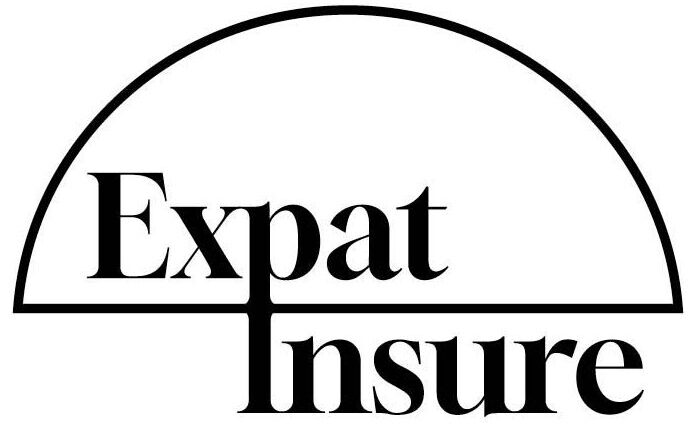The Power of Flow for Expats
Flow can be a difficult term to nail down. In this context, it generally refers to that mental state when you are fully immersed, highly focused, and enjoying an activity to the point that you lose track of time – and, of course, it\’s particularly useful for expats.
That sense of achieving flow is so useful for easing the challenges of living abroad, whether it\’s used simply for work purposes in your new life or for learning the local language. But aside from boosting productivity, it\’s great for improving your mental well-being. So how can expats understand and use it to its greatest benefit?
What Is Flow, and Why Does It Matter?
Flow is a mental state defined by intense focus, immersion, and enjoyment in an activity. it\’s been described as a unique experience where people become so involved in what they\’re doing that they lose track of time and even the sense of self. For expats, achieving flow is valuable as it provides a way to engage deeply in new experiences, making challenges like learning a language or adapting to local customs feel fulfilling instead of overwhelming. It\’s not just a productivity tool; it\’s a mindset that can transform everyday life abroad into a more joyful and meaningful journey.
Finding Your Flow Activities Abroad
To experience flow, it\’s essential to find activities that naturally draw you in and help you focus. As an expat, this might mean taking up new hobbies, exploring cultural sites, or setting small goals for learning the language. Think about what activities make you feel energized and curious—perhaps it\’s hiking local trails, cooking traditional dishes, or diving into local art. These activities help you feel more connected to your surroundings, making the transition to a new culture smoother. By pursuing what excites and challenges you, you\’re more likely to find that satisfying state of flow, bringing a deeper sense of belonging.
Setting Up Your Environment for Flow
Creating a flow-friendly environment can be especially valuable in an expat lifestyle where you might live in temporary or unfamiliar spaces. Start by setting up a small area where you feel comfortable and free from distractions; this could be a cozy corner for reading, a desk for creative work, or even a favorite café that feels like a retreat. Personalize your space with items that make it feel like home—a few meaningful decorations, photos, or anything that brings comfort. Minimizing clutter and keeping distractions at bay can help you focus on the task at hand and ease into flow more naturally, even in a new environment.
Practical Steps for Entering Flow
Achieving flow is a skill that can be developed with a few practical techniques, even in the busy life of an expat. Start by setting clear, attainable goals for each activity, whether it\’s practicing a new phrase in the local language or completing a work task. Begin with manageable tasks to build momentum, and set aside dedicated, distraction-free time. For expats, adjusting these techniques can be crucial; for instance, if language barriers pose a challenge, break tasks into small steps and celebrate each win. With practice, these techniques make it easier to access flow and make the most of your time abroad.
Maintaining Flow and Reaping The Benefits Long-Term
Once you\’ve experienced flow, the challenge is to make it a regular part of your expat life. Establishing routines that balance familiar and new activities can help, as consistency can make it easier to get back into flow. Try incorporating moments for flow into your daily life, like journaling each morning, exploring a new neighborhood, or setting up weekly goals. Flow isn\’t just about productivity; it\’s a mindset that makes each day more enjoyable and fulfilling, especially in a foreign environment. The more you practice it, the more natural it becomes, helping you navigate the highs and lows of expat life with ease and resilience.
Social media can be a powerful tool to enhance your life as an expat if you use it wisely. It helps you stay connected with family and friends, find support from other expats, and share your own experiences. By being mindful of what you follow and setting healthy boundaries, you can make social media a positive part of your routine. Remember to balance your online time with real-life interactions and take breaks when needed. With the right approach, social media can help you feel more connected, supported, and inspired while living abroad.

